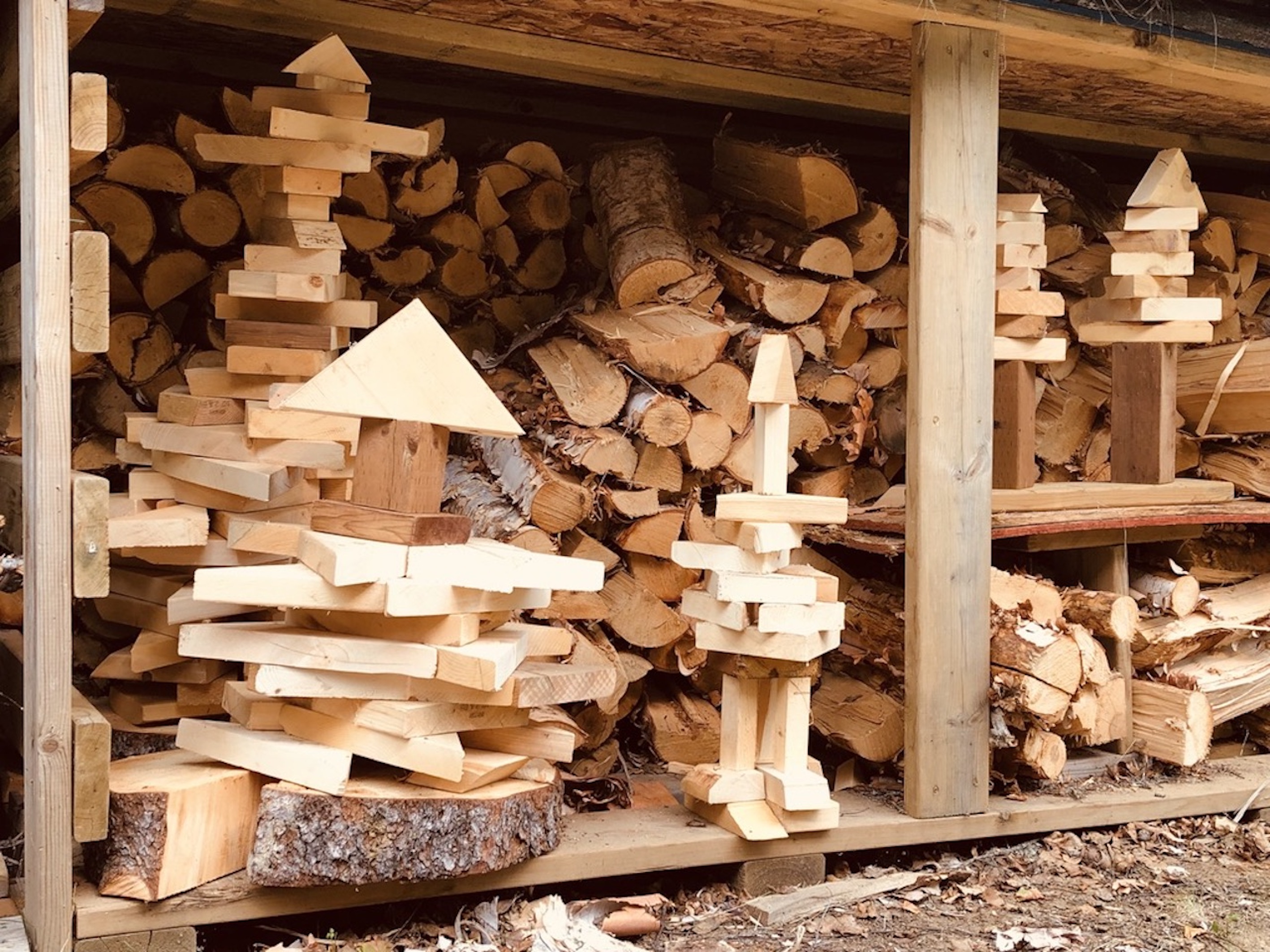Dear Dr. D’Amour: Relational Psychoanalysis at the Heart of Teaching and Learning
DOI:
https://doi.org/10.25071/1916-4467.40461Keywords:
relational psychoanalysis, inclusive education, mathematics education, curriculum, relational, pedagogy, disassociation, done-to, doer, being-with, thirdnessAbstract
Dr. Lissa D’Amour brings together relational psychoanalysis and developmental theory to offer practitioners of education an opportunity to unify theories of learning into a cohesive “dialectic model of learning and of learning’s refusal” (D’Amour, 2020, p. 142), a unification sorely needed in mathematics education as educators in Alberta feud over ‘back-to-basics’. Dr. D’Amour’s (2020) book, entitled Relational Psychoanalysis at the Heart of Teaching and Learning: How and Why It Matters, attempts to kick-start conversations about the relationships present in classrooms and offers respite from, and an alternative perspective of, the educational behemoth I have become a part of, one that increasingly ignores us humans, the relationships we have and our affective attunement with all that is around us.
References
Burdess, A., & Shirley, J. (2016). C^3—Current commentary by the council: Math wars in Alberta. Mathematics Council Newsletter, 34(1), 3. https://www.mathteachers.ab.ca/wp-content/uploads/2020/06/Mathematics-Council-Newsletter-Volume-34-Number-1-January-2016.pdf
Cloutier, J. (1997). Popular theatre, education, and inner city youth [Doctoral dissertation]. University of Alberta Libraries. https://www.doi.org/10.7939/R3416T50W
D'Amour, L. (2020). Relational psychoanalysis at the heart of teaching and learning (1st ed.). Routledge.
Davis, B., Preciado-Babb, A. P., Metz, M., Sabbaghan, S., & MacKenzie, C. (2019). Math minds online course. Unit 1. https://www.structuringinquiry.com/wp-content/uploads/grassblade/articulate/Unit1/ - /
Duchscherer, K., Palmer, S., Shemrock, K., Vankoughnett, D., Carson, S., Meyer, S., & View, T. (2019). Culture-based school mathematics for reconciliation and professional development. McDowell Foundation. http://mcdowellfoundation.ca/isl/uploads/2018/07/Project_287_culture-based_math.pdf
Government of Alberta. (2020). Student learning assessments. Alberta Education. https://www.alberta.ca/student-learning-assessments.aspx
Howe, E. (2013). Bridging the aboriginal education gap in Alberta. Rupertsland Centre for Metis Research. http://albertametis.com/wp-content/uploads/2013/08/RLI_Bridging_the_Aboriginal_Education_Gap_in_Alberta.pdf
JUMP Math. (2019). Jump math: Multiplying potential. https://jumpmath.org/jump/en/
Liljedahl, P. (2020). Building thinking classrooms in mathematics, grades K-12. Sage.
Mertz, E. (2013, May 9). Alberta gets rid of provincial achievement tests. Global News. https://globalnews.ca/news/548713/alberta-gets-rid-of-provincial-achievement-tests/
Preciado-Babb, A. P., Metz, M., Davis, B., & Sabbaghan, S. (Eds.). (2020). Transcending contemporary obsessions: The development of a model for teacher professional development. In S. Llinares & O. Chapman (Eds.), International handbook of mathematics teacher education: Volume 2. Tools and processes in mathematics teacher education. (2nd ed.). Sense/Brill.
Saskatchewan Bulletin. (1971). "New math" sparks lively debate. Delta-K (Formerly Mathematics Council Newsletter), 10(4), 1-2.
Downloads
Published
How to Cite
Issue
Section
License
Copyright (c) 2021 Darcy James W House 
Copyright for work published in JCACS belongs to the authors. All work is licensed under a Creative Commons Attribution-ShareAlike 4.0 International license.


